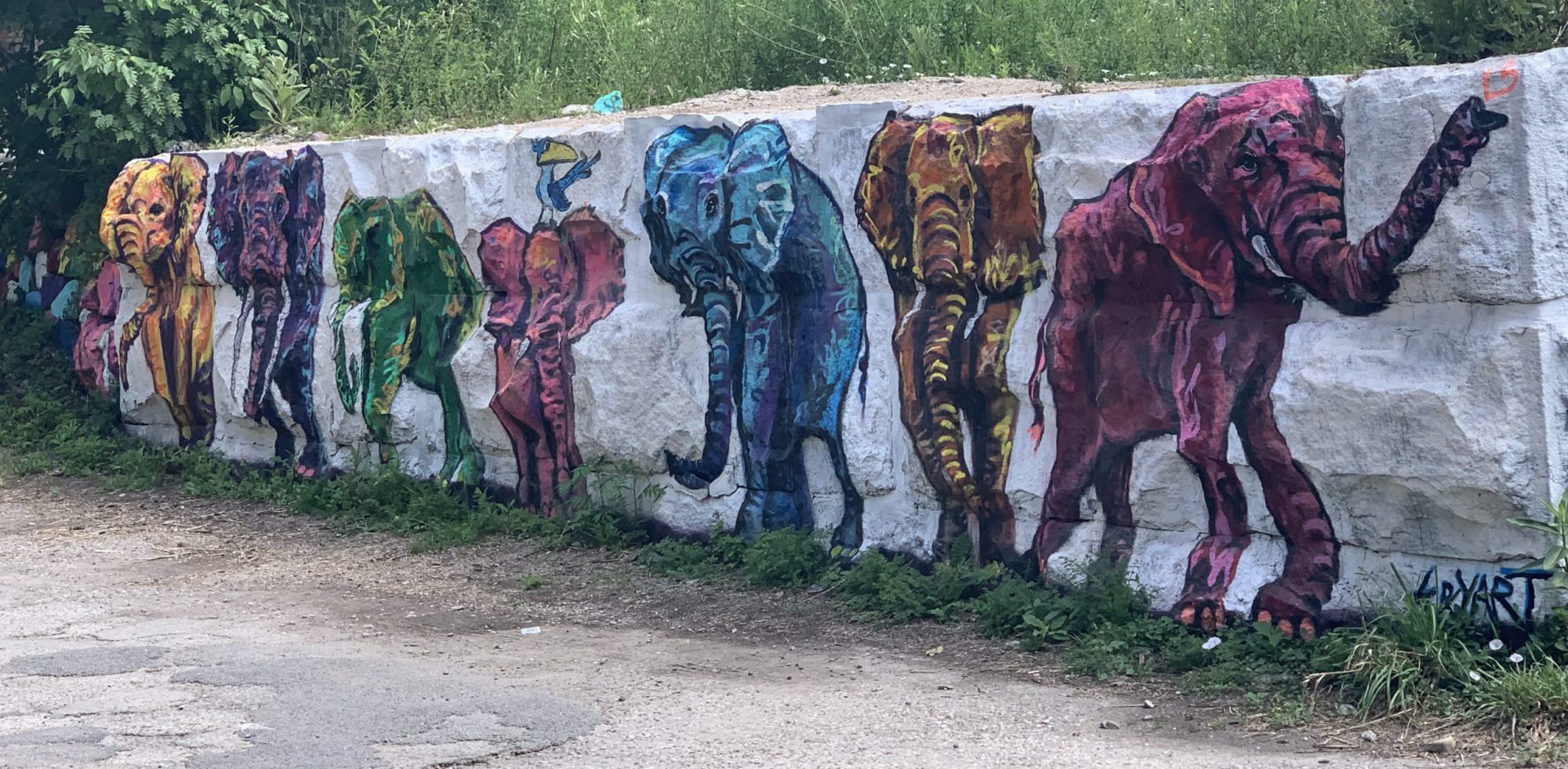Using Twine for UDL
As a leader, successful corporate training can be the difference between firing, promoting, or retaining employees. Before beginning my journey with the MET program, aside from video conferencing and project management programs, I had no experience with education technology platforms. Collaborating with my project group for this assignment has been enjoyable and invaluable to my knowledge acquisition.
Adult learner/employee needs should be centre stage.
In setting the stage for our project, keeping in mind that efficient and effective training programs are vital to increasing skills, helping employees acquire new knowledge, and increasing motivation and job satisfaction (Sabharwal, 2018) was a key theme and focus used in developing and reviewing our assignment. Ramorola (2013) states that there is little evidence regarding the integration of technology nor information on how to plan and implement technology effectively to support learning in the corporate world. I believe, if effectively designed, technology holds promise for deep and meaningful learning, and UDL can further support that.
Why the need for UDL?
For most adults, pursuing education combines a desire for self-improvement, a need to learn specific skills, and a want to improve job possibilities. However, once on the job, there is a lot of learning to do as well to be successful. Not all companies hire learning and development professionals – many utilize subject matter experts within their company to train others. UDL is designed to serve all learners, regardless of ability, disability, age, gender, or cultural and linguistic background – or place of learning. The ability to have a checklist that can be utilized regardless of the level of understanding of UDL would support all educators regardless of audience or location of teaching.
Universally designed curriculum provides learners with multiple or flexible ways of viewing or listening to information (representation), expression, and engagement and makes a classroom more inclusive (Chen, 2008). When coursework or training programs are designed using Universal Designed for Learning (UDL), it reduces the need for special accommodations for students/employees with disabilities. This is particularly important as many adult learners will not disclose their (dis)abilities.
The usability tool we have created in Twine can be used by anyone, regardless of the level of understanding of UDL, to assess coursework or training programs to determine if the principles of UDL have been used to ensure all students or employees can learn and engage with the content. As an open-source tool, Twine can easily be accessed by anyone and is designed for telling interactive, nonlinear stories. As a storyteller, Twine appealed to me as we could take our audience on a journey while allowing them to choose where they wanted to travel.
Groupwork as an ambivert.
“I’m a little unusual. I’m a six-person-or less extrovert” (Hoffman, 2012).
Frankly, people exhaust and energize me at the same time. As an ambivert, I am smack dab between an extrovert and an introvert. I used to refer to myself as the introverted extrovert because while I love socializing, I need much time to self-reflect and ponder what I need to do next. Lynsey, Jon, Deb and Sarka were a pleasure to work with. Our varied backgrounds complemented each other while we brainstormed topics and ways to address the needs of adult learners. Our process of Zoom calls and the use of Miro and Google Docs allowed us to take an idea and make it come alive. I feel that we have achieved our vision and have made a tool that can be used by and shared with educators looking to improve their instructional design.
References:
Chen, E. (December 20, 2008). The importance of universal design for learning. Usable Knowledge. Retrieved November 26, 2022, from https://www.gse.harvard.edu/news/uk/08/12/importance-universal-design-learning
Ramorola, M. Z. (2013). Challenge of effective technology integration into teaching and learning. Africa Education Review, 10(4), 654-670.
Sabharwal, R., Chugh, R., Hossain, M. R., & Wells, M. (2018, December). Learning management systems in the workplace: A literature review. In 2018 IEEE International Conference on Teaching, Assessment, and Learning for Engineering (TALE) (pp. 387–393). IEEE.
Waters, R. (March 16, 2012). Reid Hoffman, Mr. LinkedIn. Financial Times. Retrieved December 7, 2022, from https://www.ft.com/content/df0f609c-6e31-11e1-baa5-00144feab49a

